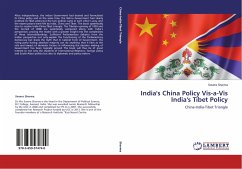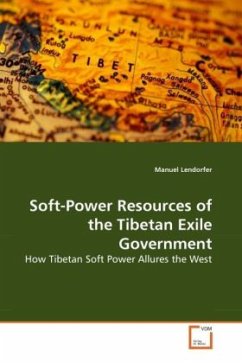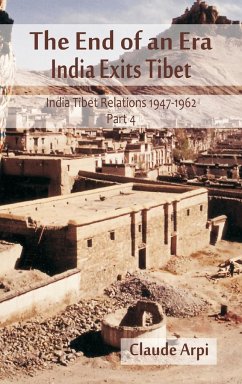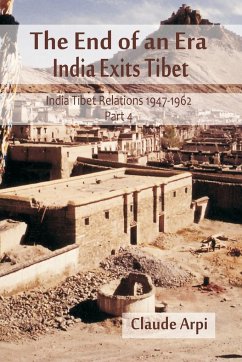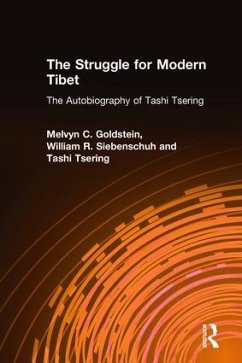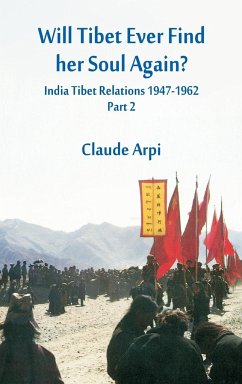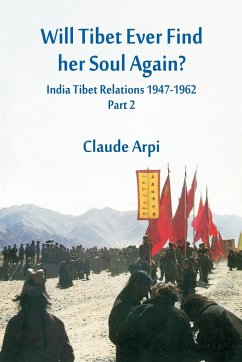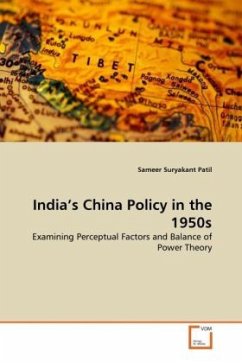
India's China Policy in the 1950s
Examining Perceptual Factors and Balance of Power Theory
Versandkostenfrei!
Versandfertig in 6-10 Tagen
39,99 €
inkl. MwSt.

PAYBACK Punkte
20 °P sammeln!
India and China, two of the world's oldest civilisational states in the international system have been engaged in a long-drawn security competition for over the last five decades or so. This monograph critically analyses the period of 1950s in this bilateral relationship by using the balance of power theory. Broadly following the Realist logic of international relations, this work examines the perceptions of Indian political leadership, particularly then Prime Minister Jawaharlal Nehru, and how he sought to contain the China threat. Studying this period in the bilateral relationship is relevan...
India and China, two of the world's oldest civilisational states in the international system have been engaged in a long-drawn security competition for over the last five decades or so. This monograph critically analyses the period of 1950s in this bilateral relationship by using the balance of power theory. Broadly following the Realist logic of international relations, this work examines the perceptions of Indian political leadership, particularly then Prime Minister Jawaharlal Nehru, and how he sought to contain the China threat. Studying this period in the bilateral relationship is relevant even today as some of the key issues affecting the Sino-India relationship at current juncture have had their origins in 1950s like boundary dispute and Tibet issue. This work argues that since Nehru failed to perceive the China threat, India's policy did not aim at balancing China. Studying this critical period in the bilateral relationship holds good lessons for contemporary China policyof India in terms of threat perceptions and how they shape up the actual policy on ground.



